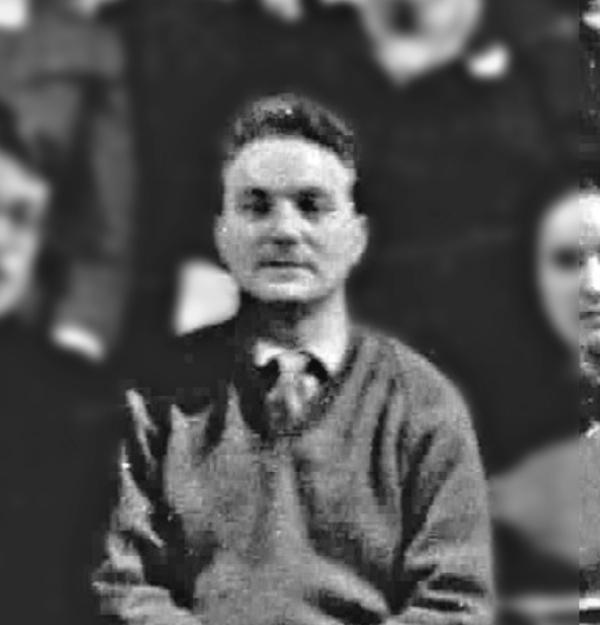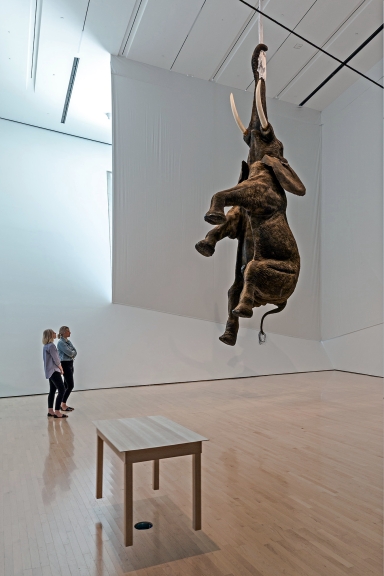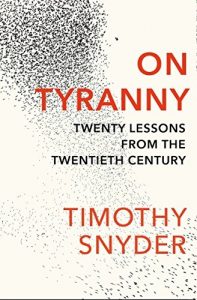Bereavement is a variant of ‘bereft’ – we are all bereft by the loss of Ursula Le Guin. She was a supreme writer and thinker, one of the greatest of all American writers and perhaps the best ever to have graced us with her fantasy and science fiction. She was a better writer than any of us, past or present – we have lost our benchmark of excellence.
I would feel presumptuous to claim Ursula as a personal friend, but I knew her for much of the period, in the mid-1970s, when she and her husband were living in London. She was not as famous then, but she was just as sage, perceptive, sharp-witted, kind. She was a huge influence on me during that still-formative period, and her dry comments on the few things of mine she read were shocking in their power of illumination, but also stimulating and encouraging. Whether she liked what I wrote, or not, was always irrelevant. She understood.
One of my short stories, ‘The Negation’, is a disguised but also explicit account of my meetings with her. A sequel to that story, set a few years later, appears briefly in The Islanders.
Her recent book, Words are My Matter (Small Beer Press, 2016), contains some of her best essays on literature. It includes one called ‘Genre: A Word only a Frenchman Could Love’, which is the definitive analysis of the way fantastic literature is misunderstood by those who describe it as ‘genre fiction’. Everyone the least interested in what she wrote (and also we who follow, trying to keep up) should buy and read this book. It is a fine and sustained argument – humane, eloquent, sometimes funny – expressing the beauty and importance of the fantastic.
Ursula’s acceptance speech in 2014 for the National Book Foundation Medal for Distinguished Contribution to American Letters (a.k.a. the National Book Award) is included in Words are My Matter, under the title ‘Freedom’. It can be read here. It sums her up perfectly – not all of her, but the huge bit of her that was devoted to books and literature.
We have lost Ursula Le Guin, a nice woman, a brilliant, generous, sweet-natured, liberal, skilled, inimitable woman. Now we have to go on without her, bereft.



 This is a photograph taken in June 1970, by Margaret, Brian Aldiss’s second wife. Brian had generously invited me down to their house in Oxfordshire to celebrate the publication of my first novel Indoctrinaire. Also there was Charles Monteith, who was not only my editor at the publishers Faber & Faber, he was Brian’s too. He had been responsible for buying and publishing all the early Aldiss books, including those short stories I had admired so much, and the fabulous bravura of Non-Stop.
This is a photograph taken in June 1970, by Margaret, Brian Aldiss’s second wife. Brian had generously invited me down to their house in Oxfordshire to celebrate the publication of my first novel Indoctrinaire. Also there was Charles Monteith, who was not only my editor at the publishers Faber & Faber, he was Brian’s too. He had been responsible for buying and publishing all the early Aldiss books, including those short stories I had admired so much, and the fabulous bravura of Non-Stop.
 The curator of the exhibition is Marc-Olivier Wahler, previously director and chief curator of
The curator of the exhibition is Marc-Olivier Wahler, previously director and chief curator of  I shall be at
I shall be at  Snyder’s twenty lessons cover some familiar ground, at least in the early pages, but all are written with great clarity. The book gains weight and power as it proceeds. I was particularly impressed by his analysis of the perversion of facts and language, and the Orwellian doublespeak in which journalists, judges, political opponents, senators and almost everyone else are suborned. Even Orwell did not think of “fake facts”.
Snyder’s twenty lessons cover some familiar ground, at least in the early pages, but all are written with great clarity. The book gains weight and power as it proceeds. I was particularly impressed by his analysis of the perversion of facts and language, and the Orwellian doublespeak in which journalists, judges, political opponents, senators and almost everyone else are suborned. Even Orwell did not think of “fake facts”.